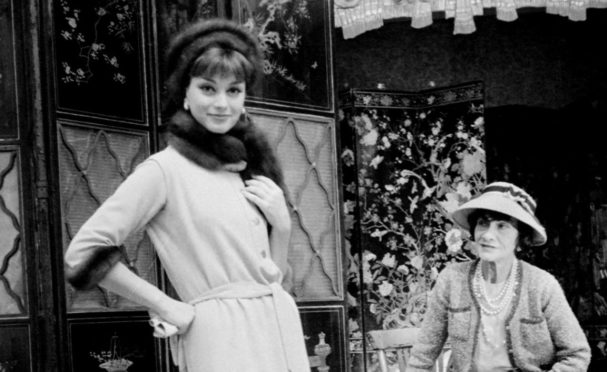
What do Charlie Chaplin, Abraham Lincoln and Marie Curie have in common?
They were all exceptional leaders in their fields, trailblazers who forged a path for others to follow.
But they each also suffered traumas in their childhoods that just might, according to broadcaster Matthew Parris, have helped unlock their genius.
The former MP and political commentator is exploring the subject for a new book, Fracture, in which he delves into the lives of inspirational men and women who enjoyed adult greatness after enduring trauma in childhood.
As presenter for the past 13 years of the popular Radio 4 series, Great Lives, which features a famous guest nominating the deceased person they feel led a “Great Life”, Matthew has spotted a trend.
“The statistics show one in 10 children will have a childhood that can be described as totally disastrous”, the 70-year-old explained.
“Yet I would say at least a quarter, probably a third, of the people we have featured on the show had such disastrous childhoods.
“We’ve covered more than 420 lives and it struck me early on what a surprising proportion appeared to have had car crash starts.
“These were children who, in some circumstances, had no education, no food, were orphaned, had terrible disabilities or depression, addict parents, and so on.
“You would have thought a troubled childhood would act as a brake on future achievement, but a disproportionate number of the great people we’ve featured crawled out from the wreckage of a disastrous childhood.
“It’s extraordinary how these inauspicious circumstances have heralded a life of genius.”
Matthew isn’t advocating that misery and trauma be piled on to youngsters to spur on greatness, and acknowledges that for many people who endure a traumatic childhood, it will lead on to a difficult adult life.
“An analogy I’m using is the eucalyptus trees in Australia. Some can’t spread without fire. They all drop their seeds but need fire to crack the kernels and germinate, but most of the fires lead to the destruction of the seeds so I’m absolutely not saying to activate great things requires a childhood to be messed up.
“Another thing I’m trying to get across in the book is that I’m not repeating the old adage of Friedrich Nietzsche, that whatever doesn’t kill you makes you stronger.
“I think that is true, but it wasn’t strenght that led these people to greatness, it was their originality, their lateral thinking and confronting conventional wisdom. It is not about toughening you up, but releasing genius.”
While some of the individuals held up by Matthew to illustrate his point might still have gone on to be pioneers in their field, he uses the example of Abraham Lincoln as someone whose life accomplishments would not have happened without the childhood they endured.
“You have to make a judgement,” he said. “But look at Abraham Lincoln. He had a father he could barely speak with, a brutally ignorant man. Then his mother and sister died. He ended up in a rage against his father and I don’t think he would have been President without that rage.
“And then there’s Edward Lear, who was not just a great nonsense poet but the father of nonsense poetry.
“He was desperately unhappy as a little boy, clinically depressed – he called it the Morbids. He also suffered from epilepsy. He was the youngest surviving child of 21 and he watched as his family lost money and faced financial ruin. He was weak and vulnerable, but it released in him poetic genius. He tried to amuse and comfort himself, and it’s hard to imagine he would have invented that poetry without having been a scared, lonely boy.”
While Fracture is not due for release until next year, Matthew will chat about the subject in a talk at Wigtown Book Festival on Thursday.
He is looking forward to visiting Scotland’s national book town after hearing good things about the place. “I know all about Wigtown and it has become pretty famous in the literary world,” he added.
“My partner went there last year to talk about his book and he only had good things to say about it.”
Coco Chanel
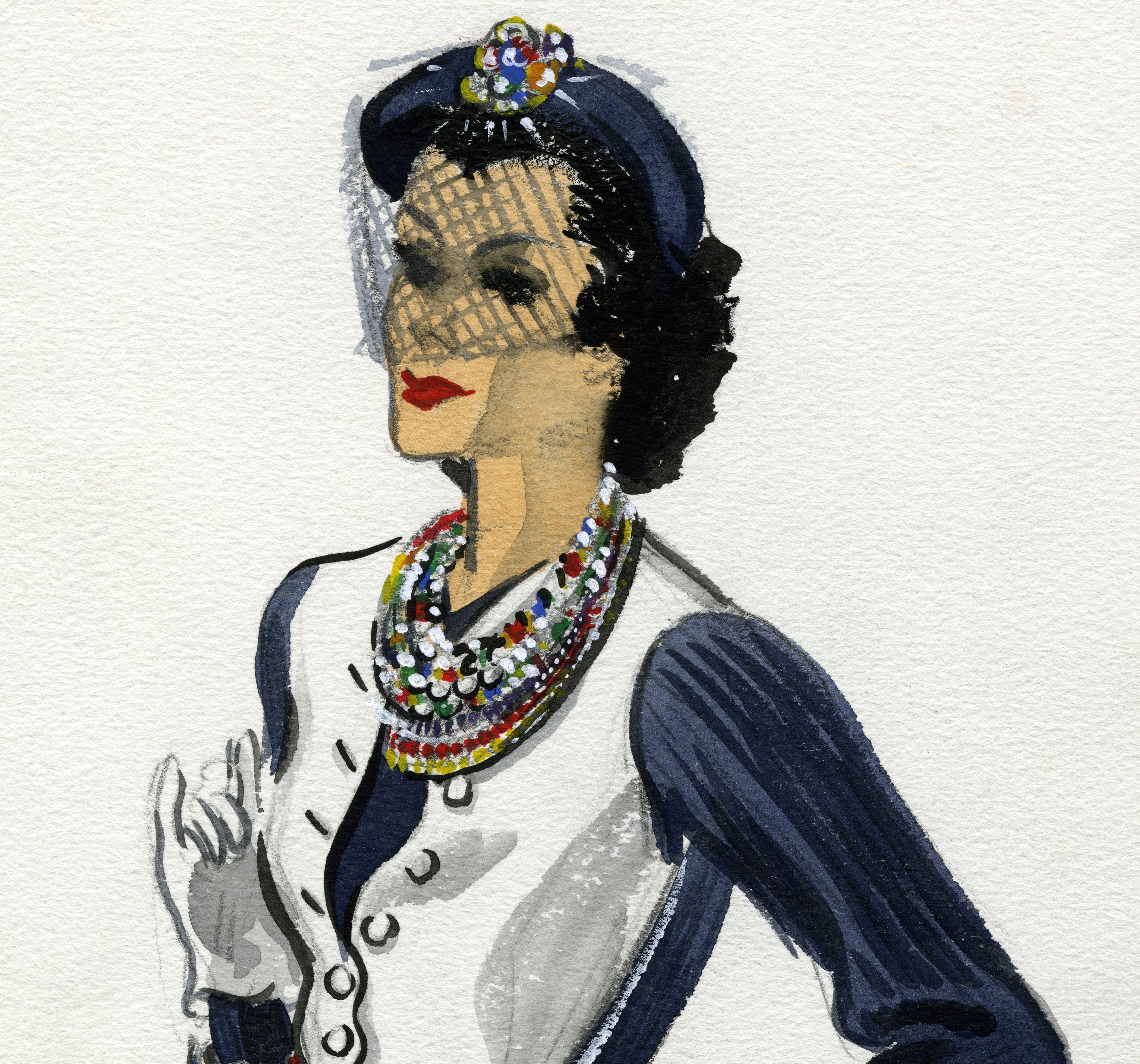
She was the illegitimate child of a mother who died of who knows what and was put into a cruel convent. These were brutally austere years with the nuns cracking the whip. Yet she came out and changed fashion, getting rid of the Edwardian styles and introducing the little black dress, redefining the world of women’s fashion.
Freddie Mercury
He was born in Zanzibar but sent to India, where he was most unhappy and was bullied at boarding school. He was utterly miserable and tried for so long to conceal he was gay.
But when he came back here he began to make something of himself and discovered his talent for music.
Rudyard Kipling
He was farmed out to foster parents in Plymouth because his parents were in India. The mental cruelty he suffered was appalling – they did things like parade him through the streets wearing a placard that read ‘I’m a liar’.
He went on to make an immense contribution to our culture and world.
Great Scots’ Great Lives
Some of the Great Scots who have appeared on Radio 4’s Great Lives:
Bill Shankly; Molly Weir; Robert Burns; Thomas Muir of Huntershill; Arthur Conan Doyle; David Livingstone; Walter Scott; Lonnie Donegan; Andrew Carnegie; Robert Louis Stevenson; James Hogg
Fracture, Thursday, 1.30pm, Festival Marquee, Wigtown. Other names appearing at the festival until Oct 6 include Doddie Weir, Ruth Davidson, Arabella Weir and Kirsty Wark

Enjoy the convenience of having The Sunday Post delivered as a digital ePaper straight to your smartphone, tablet or computer.
Subscribe for only £5.49 a month and enjoy all the benefits of the printed paper as a digital replica.
Subscribe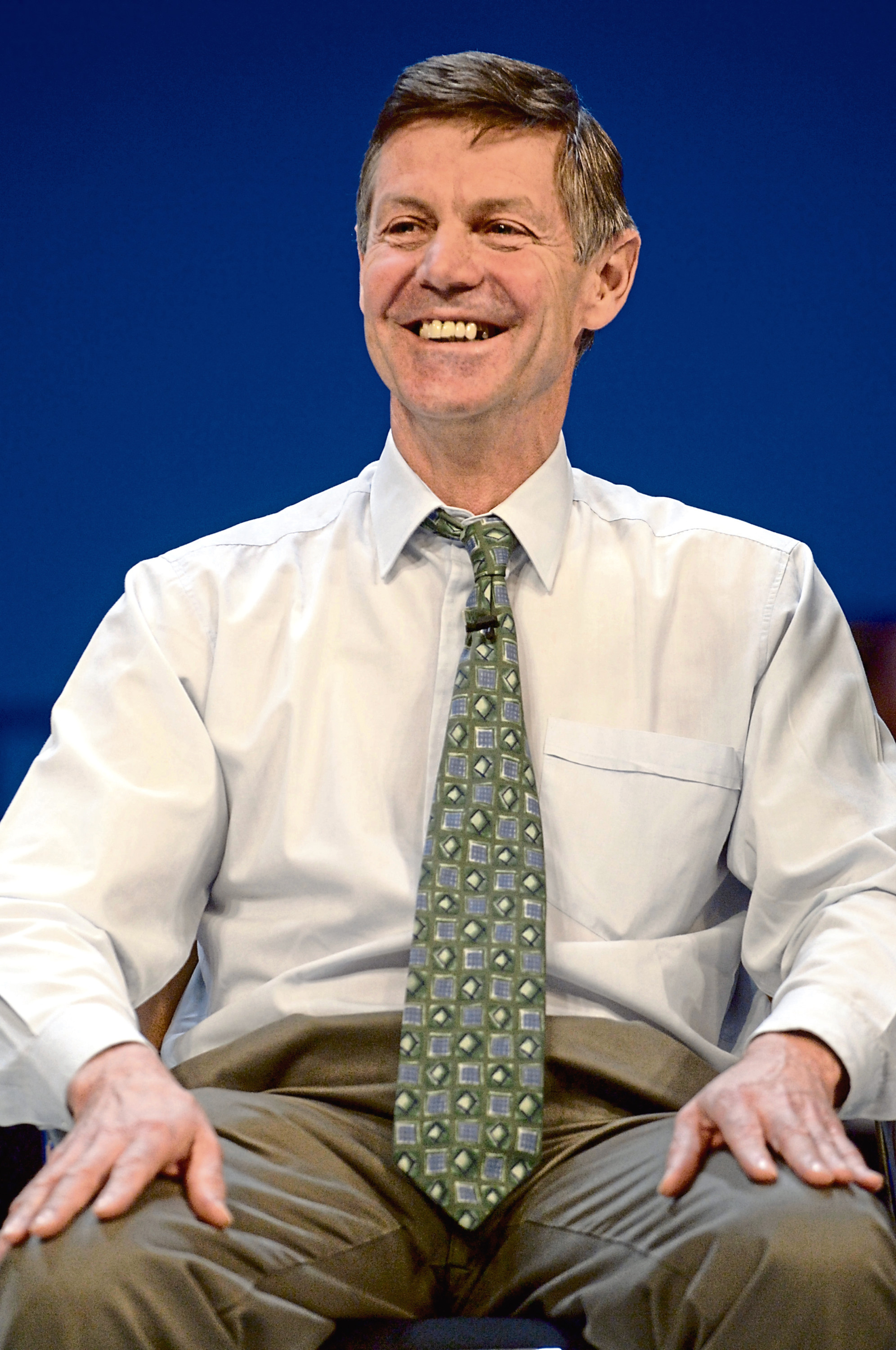 © Getty
© Getty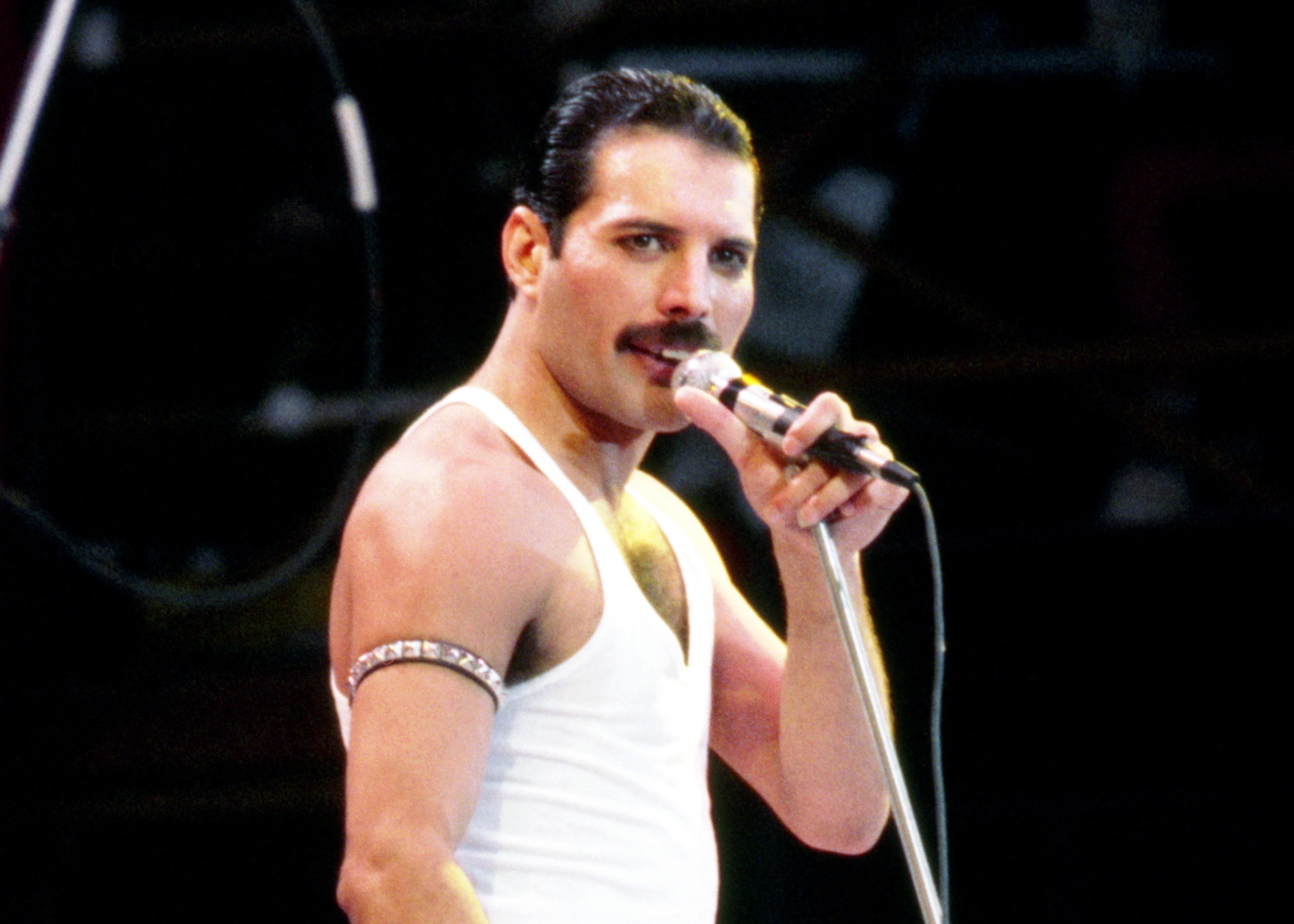
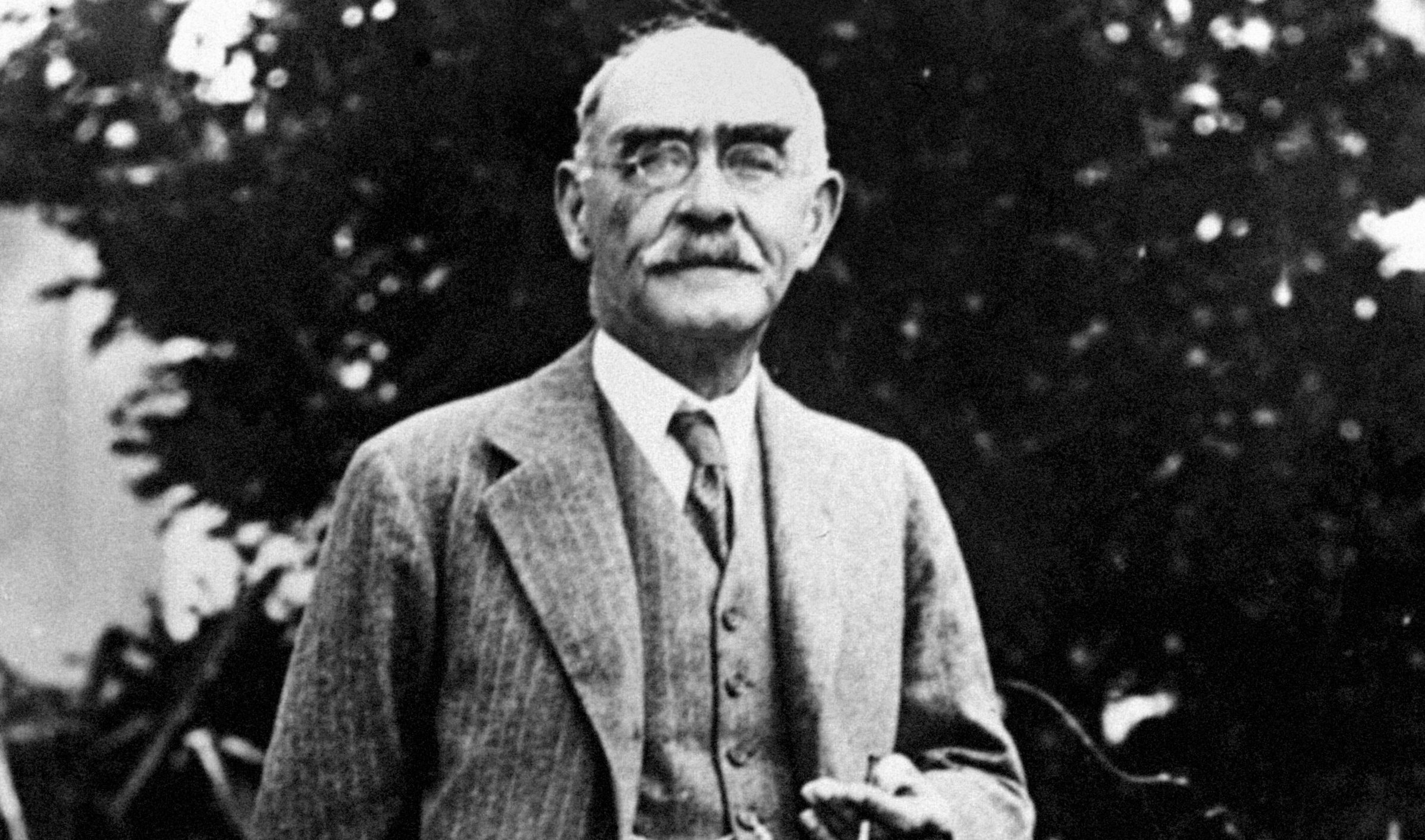
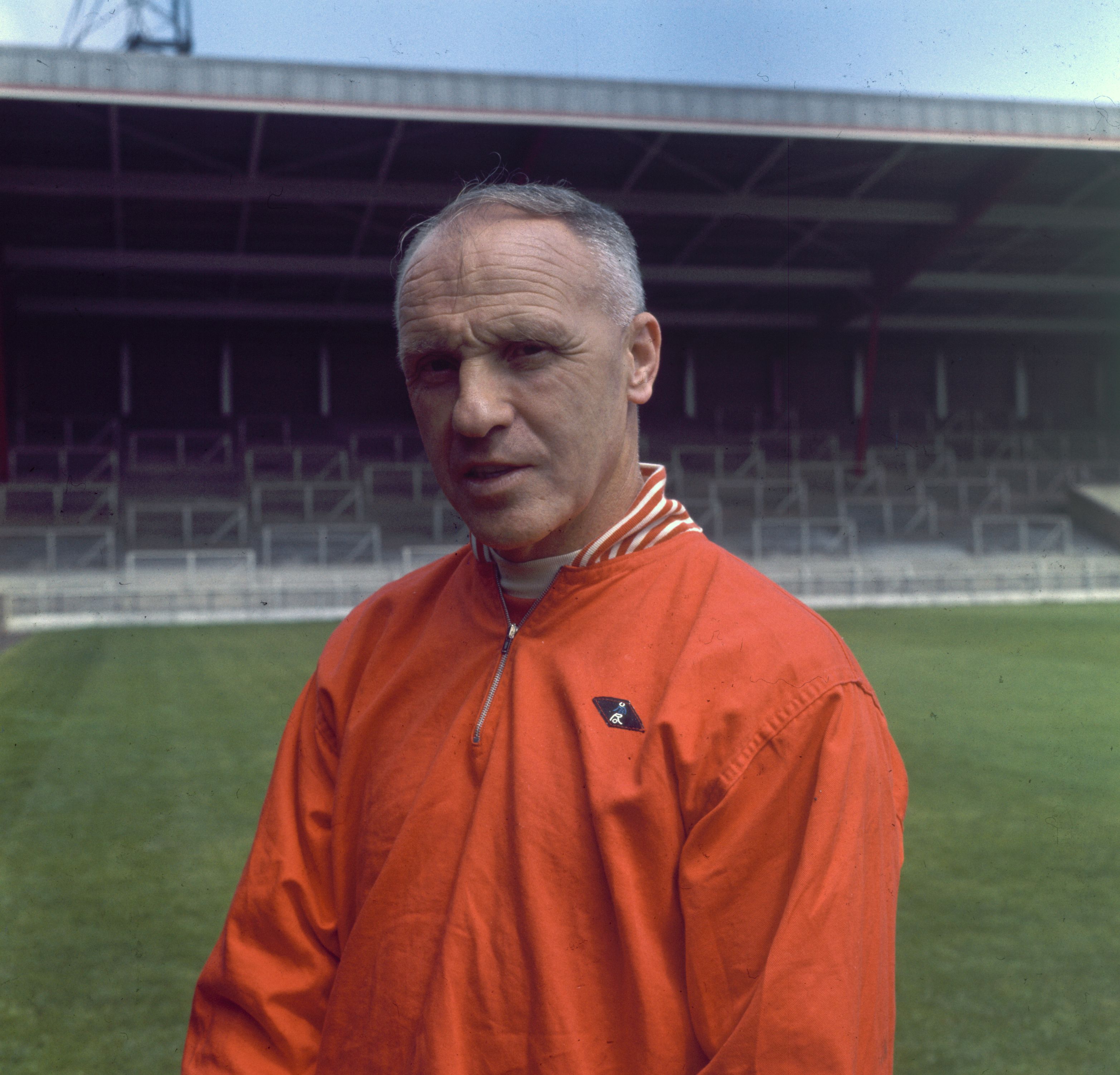 © Central Press/Getty Images
© Central Press/Getty Images